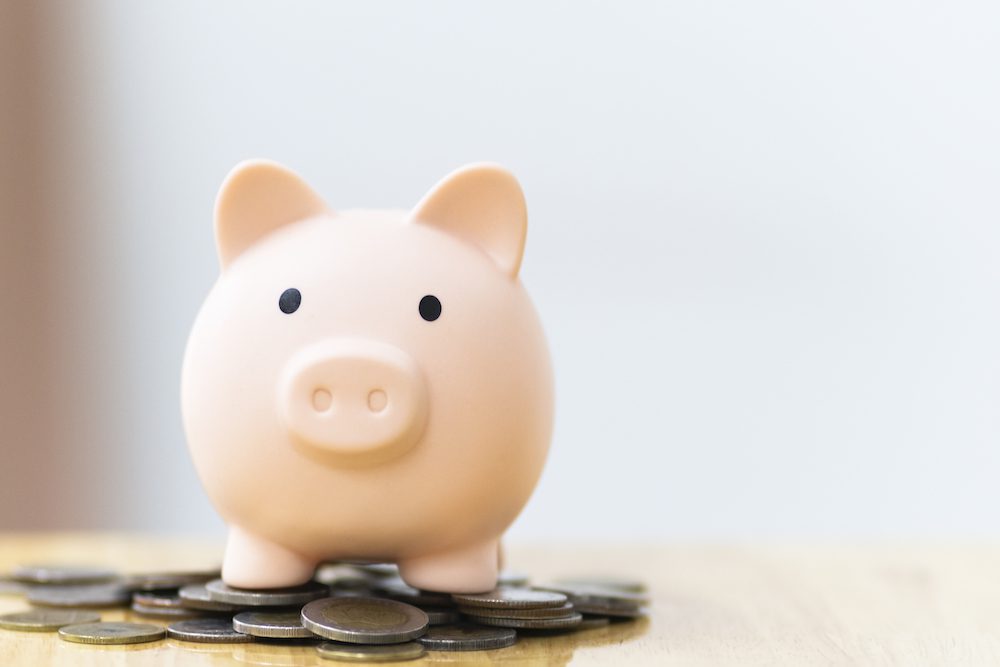Investing in an emergency fund is a great idea. It can help you stay afloat during difficult times. Some people think that investing in an emergency fund is unnecessary. However, the reality is that everyone needs an emergency fund, and it's never too early to start saving up for a rainy day. The need to invest in an emergency fund varies from person to person, depending on their financial situation and risk tolerance. In addition, some people might need it more than others because they have a higher chance of encountering difficult times than others who might be more financially secure. Here are some reasons why you should be maintaining an emergency fund.
- Loss of employment
An emergency fund is a financial cushion that helps people in need. It can be used to provide the necessary funds when required. For example, if you are the sole breadwinner, the emergency fund can help your family survive a loss of employment, giving you time to find a new job and have enough money for your family and yourself. The emergency fund can also help until you get a new job and offers financial stability.
- Major home repairs
It can be challenging when you need to make major home repairs. If you are not prepared for the expenses and don't have an emergency fund, you might have to borrow. An emergency fund is like a savings account used to cover unforeseen costs in an emergency. The most common use case for an emergency fund is when you need to make major home repairs, such as replacing the roof or repairing an electrical issue. These types of repairs often require thousands of dollars and could put your financial situation in jeopardy if not handled properly. It can also help you in cases where your regular insurance doesn't cover the cost of major home repairs.
- Medical bills
Emergency funds are typically set aside for an emergency, such as when you get sick or injured, which can help cover the expenses for chronic illness. In addition, emergency funds come in handy when you have to make occasional visits to the doctor for minor health ailments. For example, you can use the funds to finance medical bills and transportation charges caused due to repeated visits to the hospital for regular checkups post-surgery.
- Travelling expenses
Some people might not have enough cash on hand to cover all expenses in an emergency.
Travelling is a part of life, and there are times when you cannot avoid it, and it is an expensive affair. However, there are ways to prevent unexpected travel expenses you might incur. An emergency fund is an excellent option to handle unanticipated travelling expenses. It can be used as a buffer in case your monthly budget gets cut short and if you have to take care of your family's travel expenses as well.
- Natural disasters
It is always good to have an emergency fund set aside for natural disasters. It is not easy to predict the unpredictable, but having an emergency fund can help you prepare for the worst-case scenario. In addition, it will also give you mental relief knowing that your family is safe and secure in case of a natural disaster. It can be used for immediate relief, such as buying food and water, paying bills and rent, or providing immediate medical care. It helps you sustain till your insurance amount is released.
- Funeral expenses
The death of a loved one is a challenging experience. The sudden loss of someone you care about can take a toll on your mental and physical health. Even during the grieving period, there are expenses that you might need to attend to. Funeral expenses are bound to take an unanticipated toll on your budget. An emergency fund can help cover funeral expenses in an unexpected death without affecting your budget.
If you do not have an emergency fund in place, you are leaving yourself open to more financial risk than you may realize. An emergency fund is one of the most powerful financial tools any individual can have. So make sure that you have an emergency fund that will offer some breathing room in case of an emergency. You can consult with a financial planner who will guide you further.


